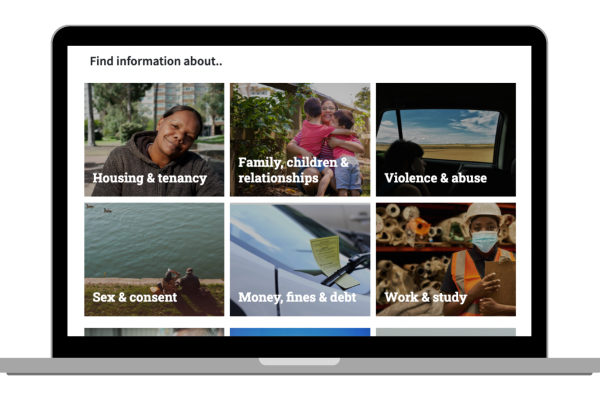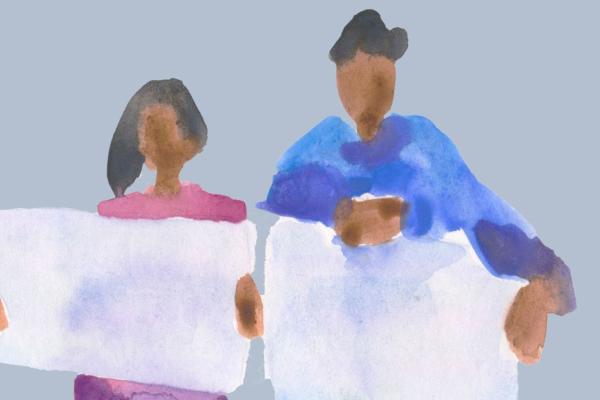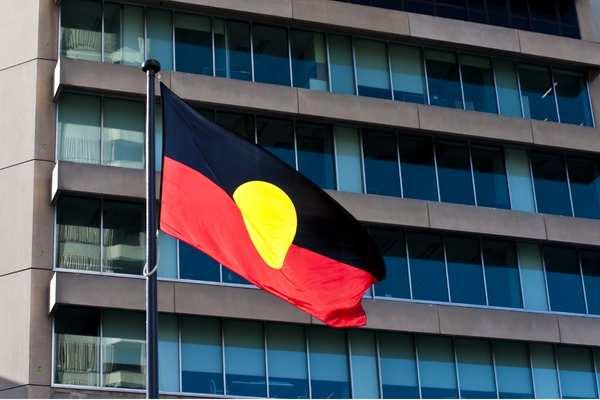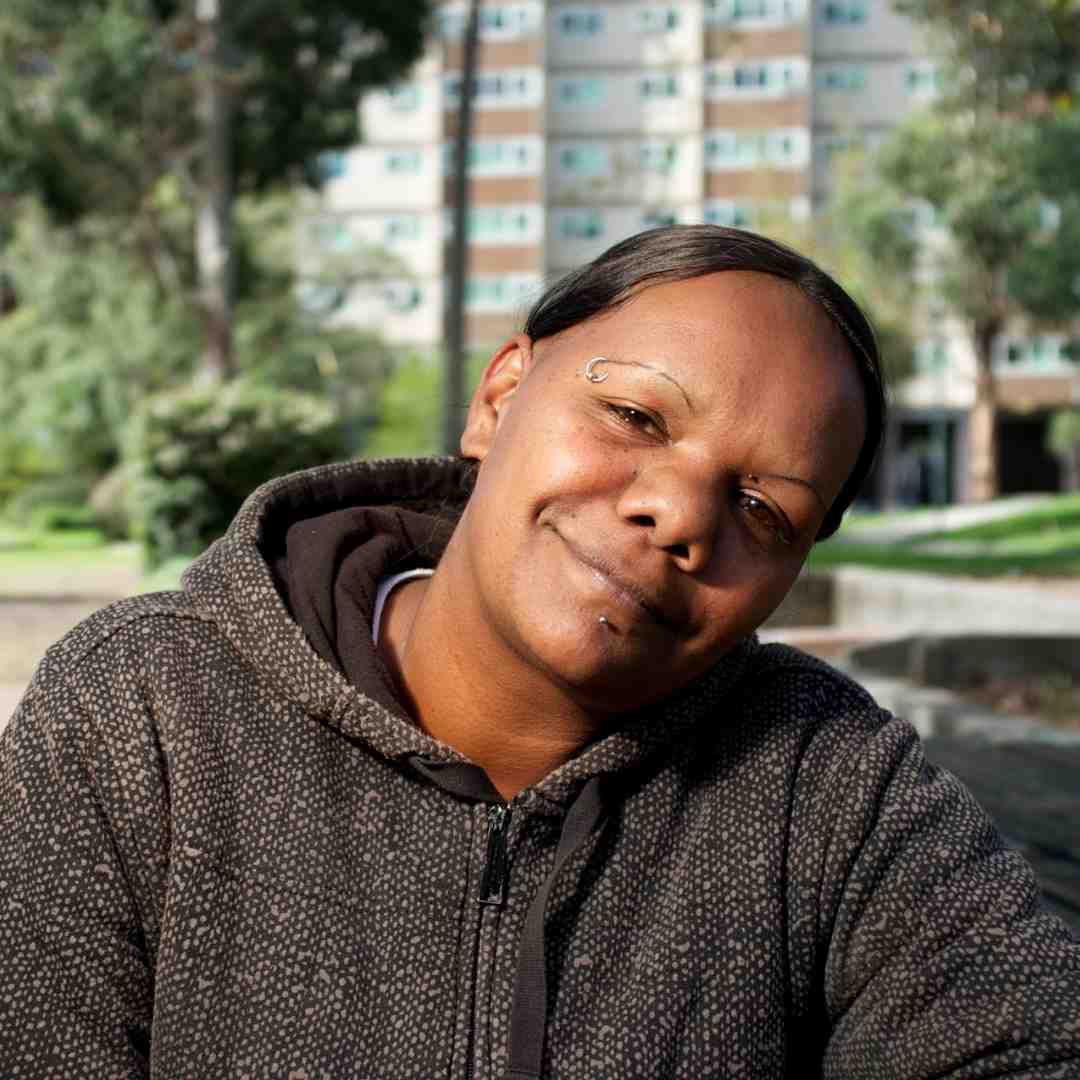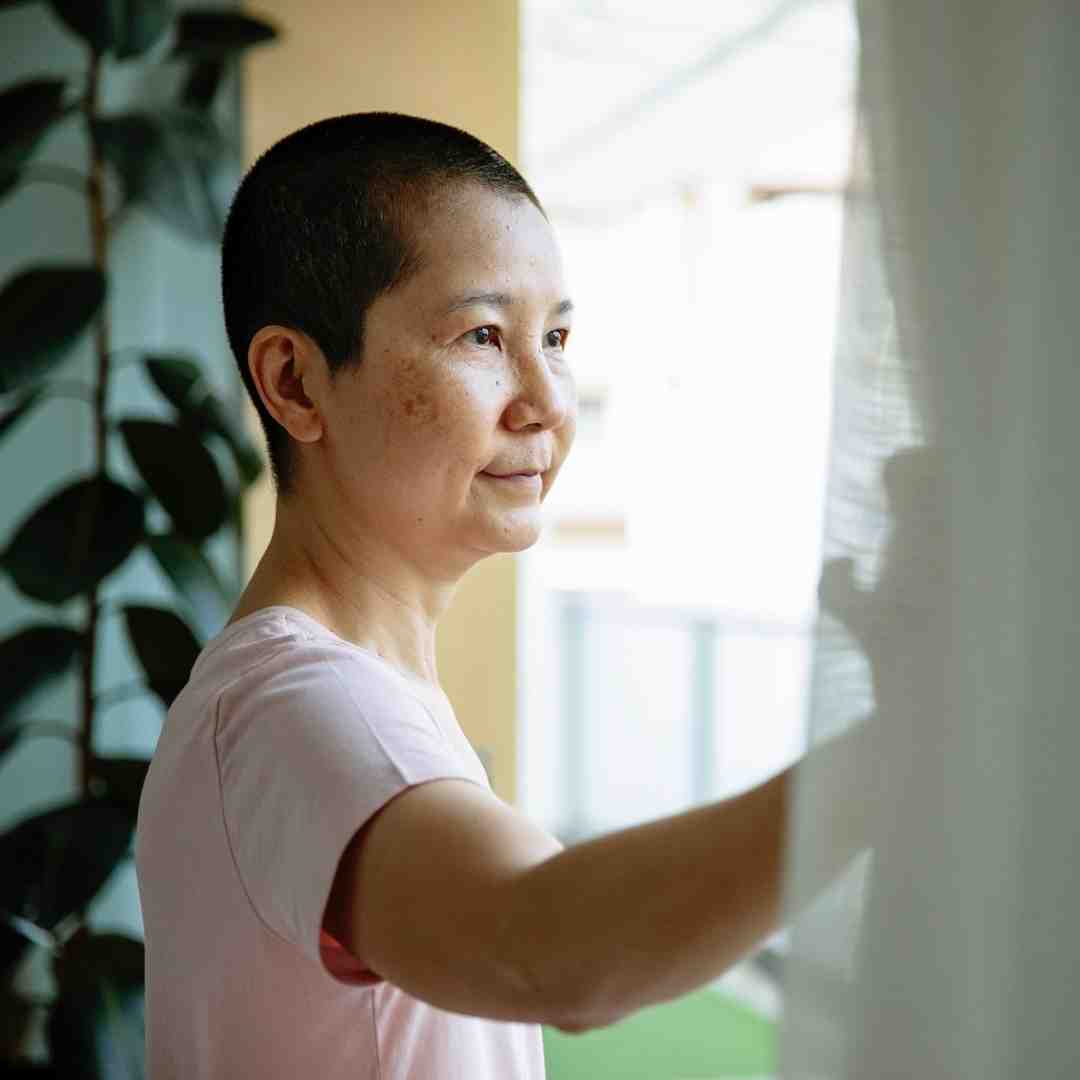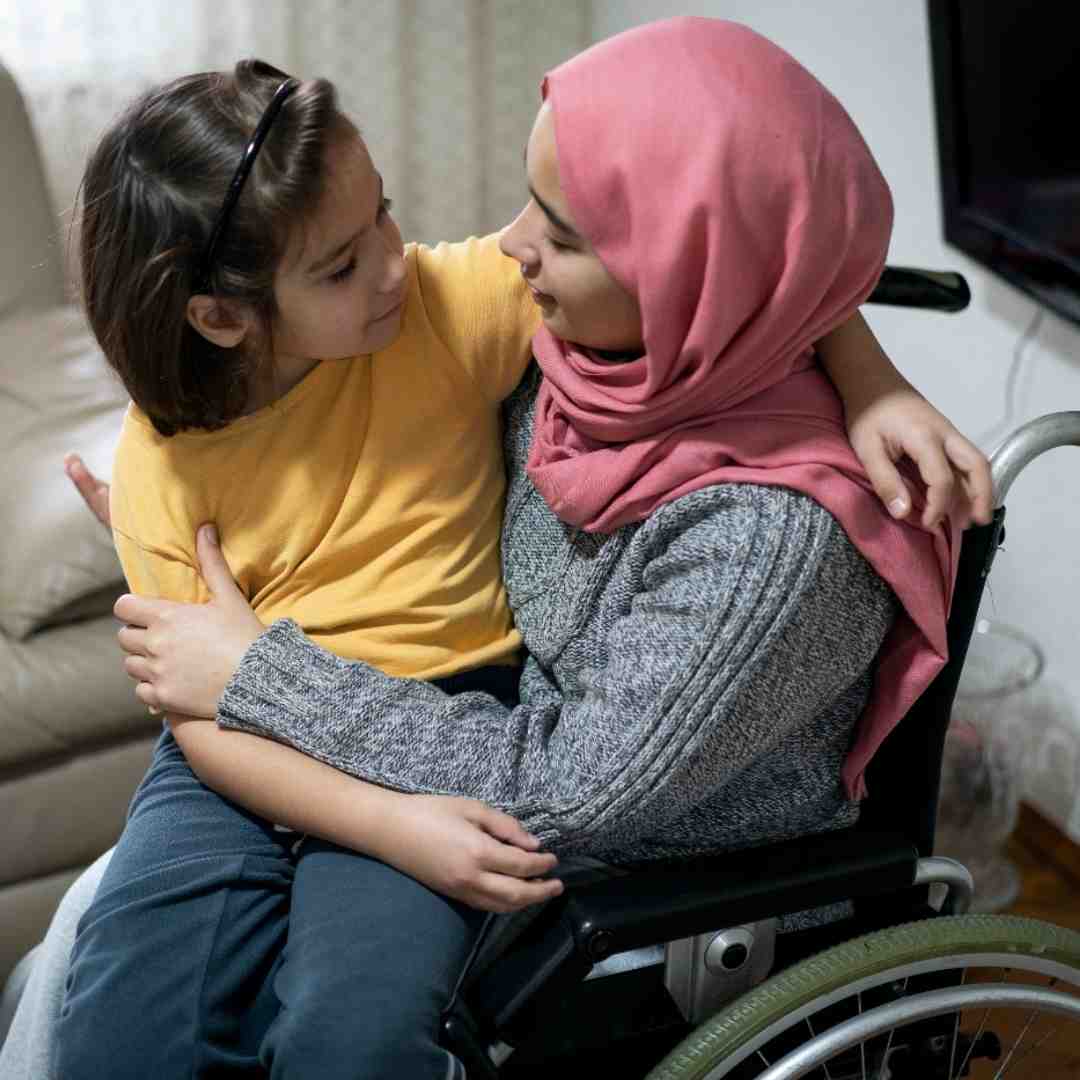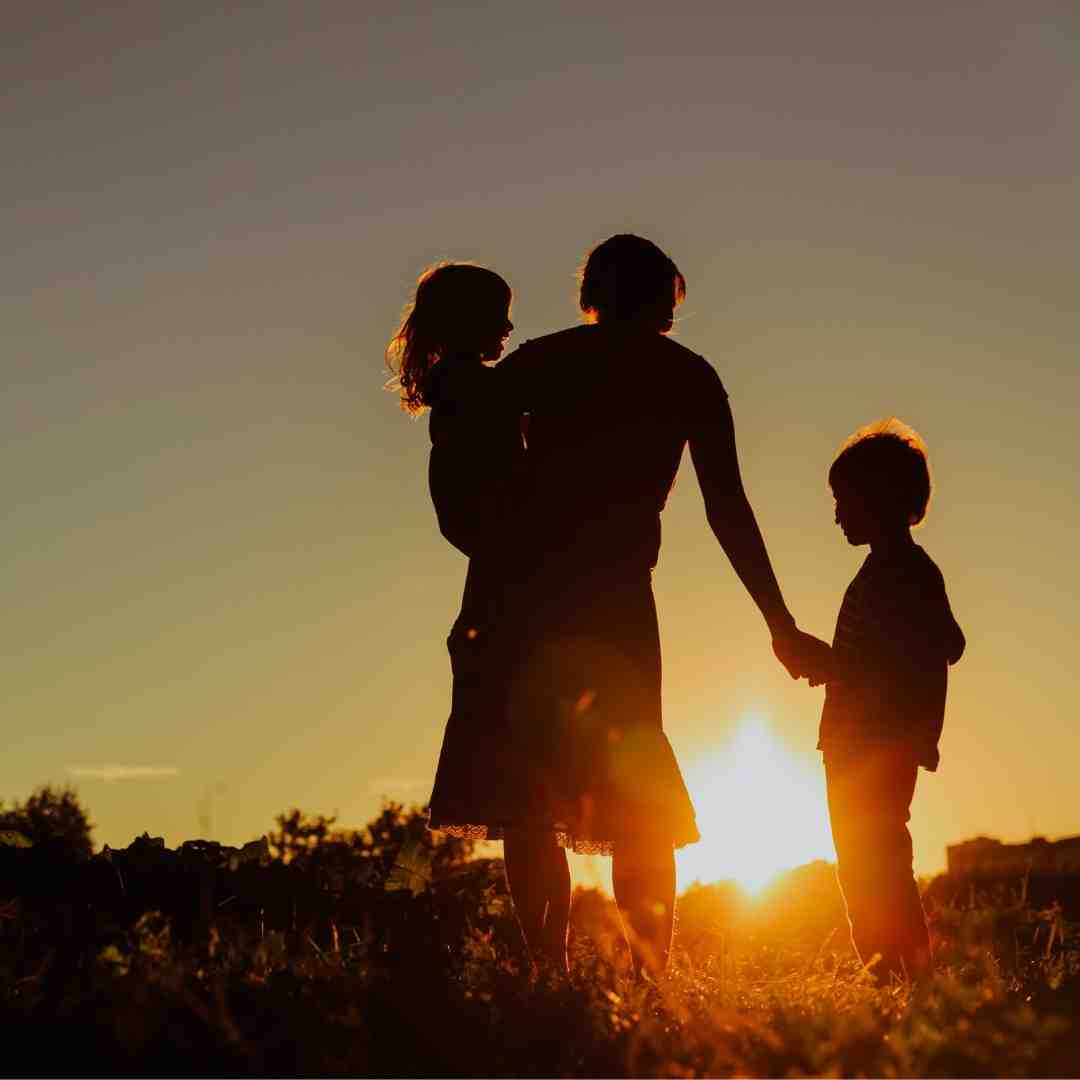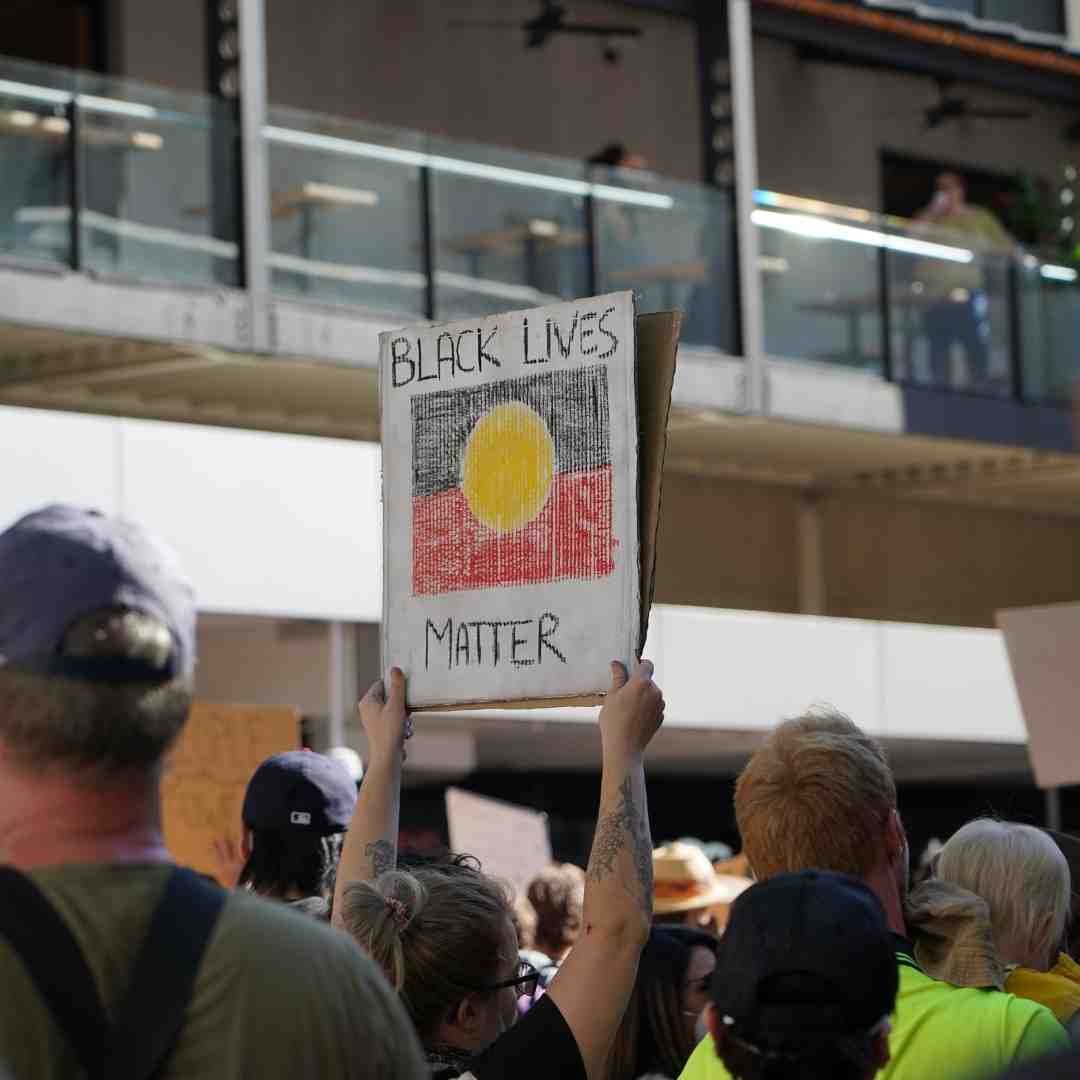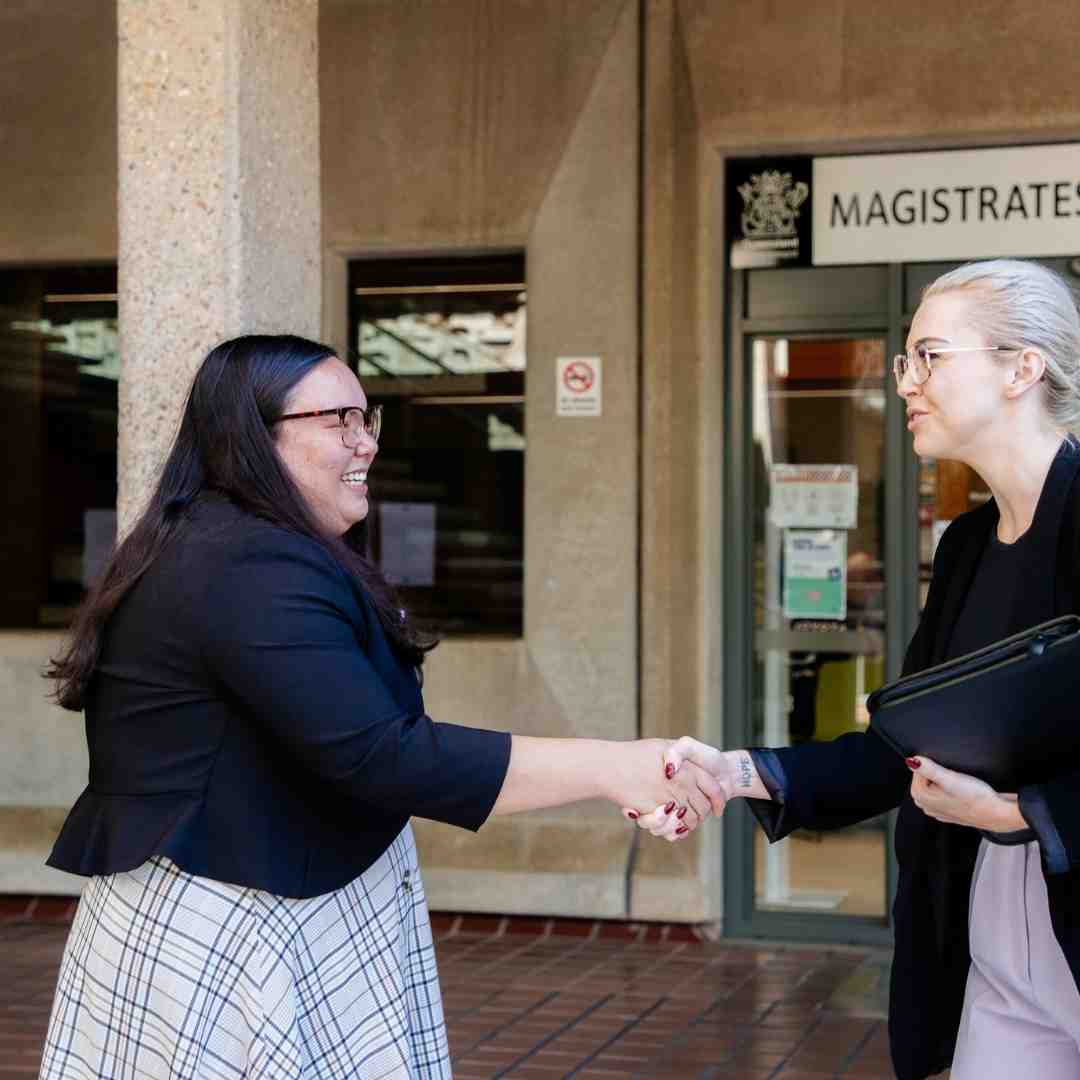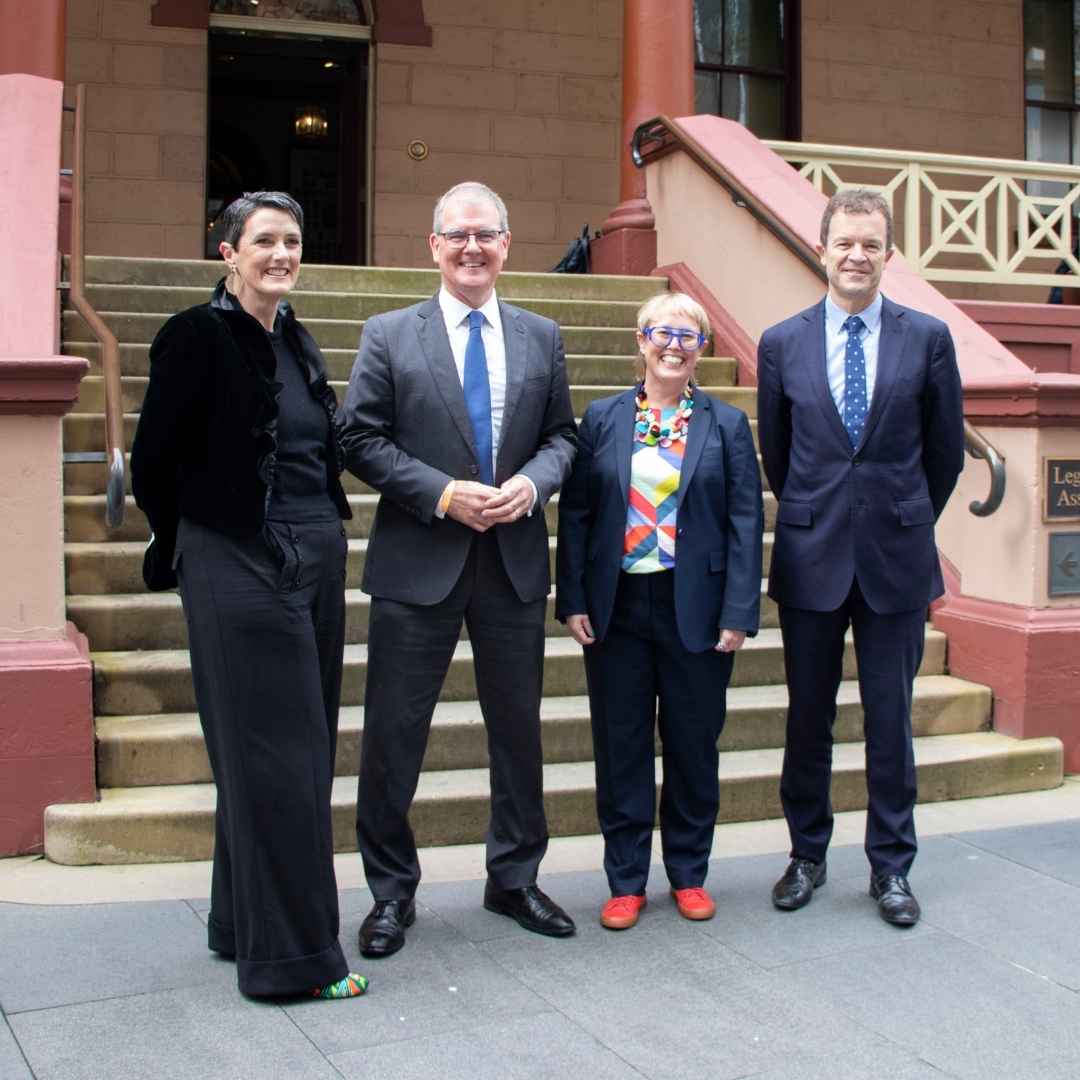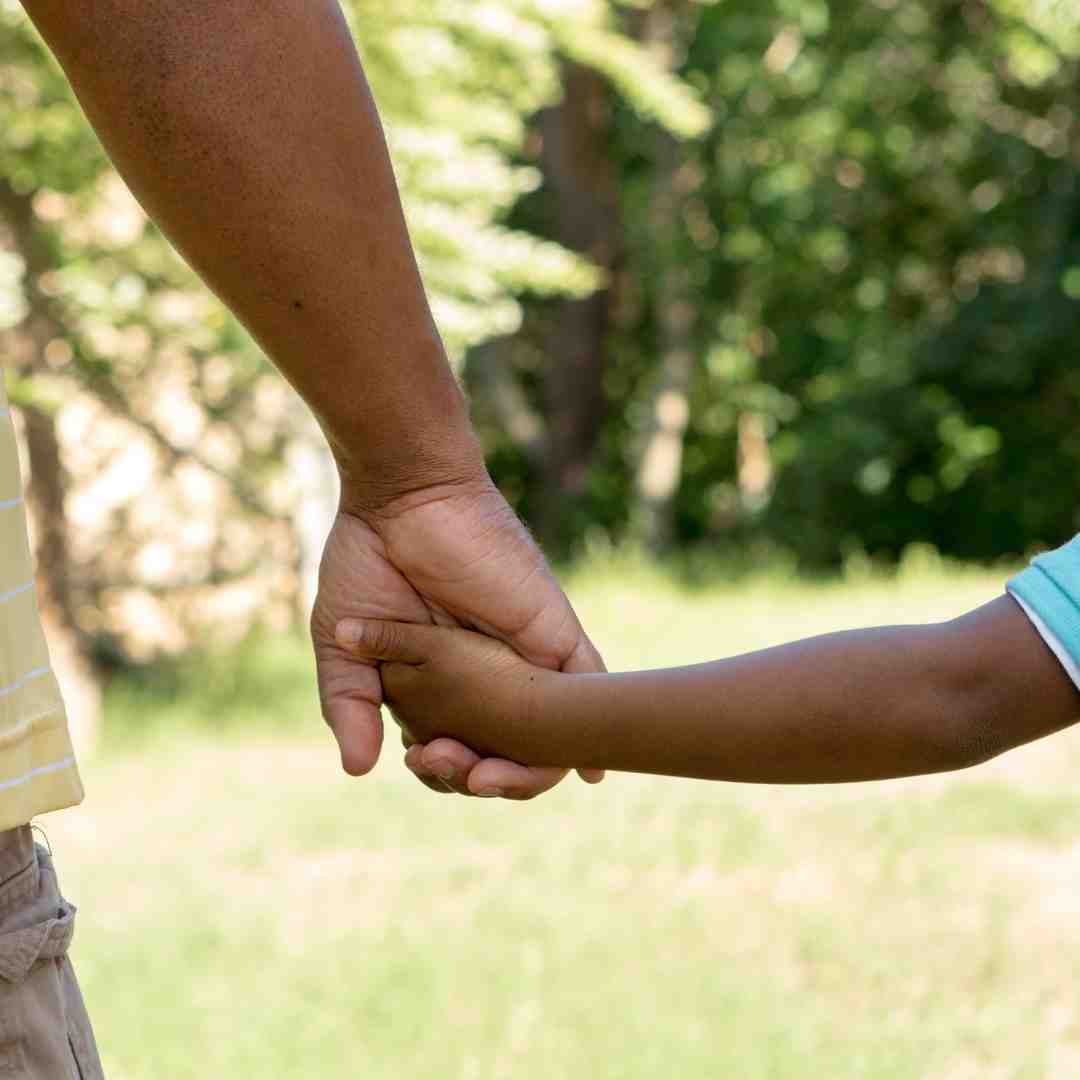Every child should be free to go to school, have a safe home to live in, and be supported to live with their community and family.
Instead of supporting parents early to keep families safe, our child protection system is reactive, crisis- driven, and discriminatory.
- Raise the age of criminal responsibility to at least 14 years old, and the age of detention to at least 16 years old.
- Amend the Children (Criminal Proceedings) Act 1987 to expressly provide that arrest, detention and imprisonment should be used only as measures of last resort and for the shortest time.
- Amend the Bail Act 2013 to prohibit the arrest of young people under the age of 18 for technical breaches of bail.
- Abolish the Suspect Target Management Plan. Start by removing children under 18 years from its application and increase scrutiny and oversight of police conduct under the plan.
- Amend the Crimes (Sentencing Procedure) Act 1999 to require courts to consider a person’s primary caring responsibilities when making sentencing decisions.
- Prioritise the expansion and full implementation of the Crossover Kids joint protocol across NSW to reduce contact between children and young people in residential out-of-home care and the criminal legal system.
- Implement key recommendations from the NSW Parliament’s Legislative Assembly Committee on Law and Safety’s report on The Adequacy of Youth Diversionary Programs in New South Wales (2018), including:
- Police should make greater use of diversion options under the Young Offenders Act 1997 (NSW)
- Government should increase the availability of holistic, community-based programs and services in rural, regional, and remote NSW that focus on diversion, early intervention, and the prevention of youth offending, and address the underlying causes of harm.
- Reframe and treat ‘youth offending’ as a health and wellbeing issue for all young people under the age of 18, including for young people in residential out-of-home care.
- Prioritise diversion and support over criminal justice responses for young people up to the age of 21 to address the impacts of criminal records discrimination.
- Develop a tailored, standalone provision governing bail decisions involving young people aged under 18 years in the Children (Criminal Procedure) Act 1987 or the Bail Act 2013. The provision should recognise that the criminal legal system should treat young people differently from adults and be based on principles of rehabilitation and reintegration.
- Improve police practice and accountability to ensure consistent application of discretions and diversion pathways to all young people, particularly in regional, rural, and remote areas.
- Implement all 125 recommendations of the Family Is Culture Report, with a focus on urgent legislative reforms.
- Prioritise participation and self-determination for Aboriginal and Torres Strait Islander communities and community-controlled organisations in the implementation process.
- Amend the Children and Young Persons (Care and Protection) Act 1998 (NSW) and the Adoption Act 2000 (NSW) to ensure that adoption is not an option for Aboriginal children in OOHC.
- Amend the Children & Young Persons (Care & Protection) Act 1998 to:
- Insert a robust definition of self- determination for Aboriginal and Torres Strait Islander people into section 11, which reflects definitions enshrined in international law (for example, Article 3 of the United Nations Declaration on the Rights of Indigenous Peoples).
- Insert a presumption that removing Aboriginal and Torres Strait Islander children from their family, community, and Country causes harm (into section 9, section 93, and Part 2 – The Aboriginal Placement Principle).
- Require the Department of Communities and Justice to consult with affected communities and Aboriginal-controlled organisations before making an application to remove an Aboriginal or Torres Strait Islander child from their family, community, or Country, and to gain approval for a permanency plan involving an Aboriginal or Torres Strait Islander child from an Aboriginal community- controlled organisation.
- Provide a legislative right for all families engaged with the child protection system to access free, independent legal advice and assistance from the point of first engagement with the Department of Communities and Justice.
- Require the Children’s Court to hear from representatives from communities affected by the removal of an Aboriginal or Torres Strait Islander child before deciding an application by the Department of Communities and Justice to remove the child.
- Require the Department of Communities and Justice to take ‘active steps’ to support families to prevent child removals. This requirement should be established as a condition precedent to litigation, with the Department of Communities and Justice required to submit an Active Steps Certificate to the Children’s Court with any application for a care and protection order. A non-exhaustive list of active steps could be set out in a schedule to the Act.
- Remove all timeframes for decision-making about whether there is a realistic possibility of restoring a child to their family (s83). This includes: removing the requirement that the Secretary assess whether there is a realistic possibility of restoration ‘within a reasonable period’, defined as 24 months in s8A; and, removing the 6-month and 12-month time-frames for the Children’s Court to make final orders after making an interim order.
- Insert a strong presumption against removing babies from mothers at birth. Insert a new principle into s9 that placing a child with their mother or parents at birth is always preferred.
- Reverse the presumption that mothers with intellectual disability are not competent parents.
- Create a positive requirement for the Department of Communities and Justice to support mothers (or fund health and social services to support them) to manage safety and health risks under medical supervision at residential facilities, including mothers with intellectual disabilities.
- Mandate Pregnancy Family Conferencing in every Local Health District for all prospective parents who are the subject of a pre-natal report and employ a pre-natal caseworker in every Department of Communities and Justice region.
- Establish a Risk of Serious harm (ROSH) report protocol, which requires the Department of Communities and Justice to refer families for free, independent legal advice at the point of a first report, even if the ROSH threshold is not met.
- Fund the Aboriginal Legal Service NSW/ACT to significantly increase its child protection and family law practices.
Latest news
A new free legal resources hub, developed by Community Legal Centres NSW, empowers people with legal knowledge and tools
Community Legal Centres NSW is proud to announce the launch of Talking justice, a values-based communications guide for community legal centres that provides guidance on.
Community Legal Centres NSW offers our full-hearted support to the Aboriginal Legal Service NSW/ACT and AbSec in calling for the NSW Government to end the over-representation of Aboriginal children in out-of-home care.
The community legal sector’s holistic vision for justice to ensure that our communities are fairer and more-inclusive places, where everyone is housed, safe, and has the support they need to thrive and participate.


